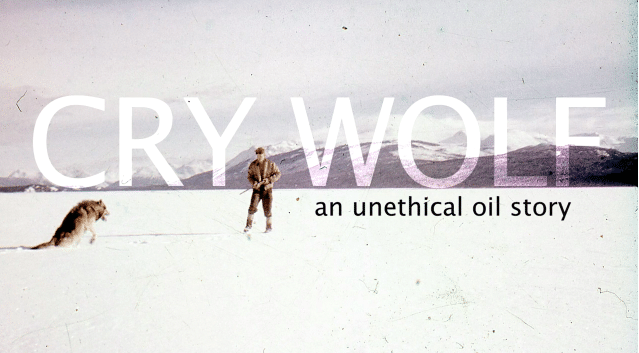Over the last several years, Alberta has killed more than 500 wolves using aerial sharpshooters and poisoned bait in order to conceal the impact of rapid industrial development on Canada’s iconic woodland caribou.
Independent scientists say that declining caribou health stems chiefly from habitat destruction caused by the encroachment of the tar sands and timber industries. But in a perverse attempt to cover industry’s tracks, the Alberta government is ignoring the science and shifting the blame to a hapless scapegoat: the wolf.
As DeSmogBlog reported earlier this year, the Alberta Caribou Committee, tasked with the recovery of the province’s dwindling caribou populations, is dominated by timber, oil and gas industry interests. Participating scientists have been silenced – their reports rewritten and their recommendations overlooked.
The prospect of the expansion of this unscientific wolf cull, projected to claim the lives of roughly 6,000 wolves over the next five years, has outraged conservationists and wildlife experts. While the wolves dodge bullets and poison, this scandal is flying largely under the public radar.
A team of DeSmogBlog researchers traveled to the Tar Sands region to investigate the dirty oil politics behind this fool’s errand. Here is our first report: Cry Wolf: An Unethical Oil Story.
Subscribe to our newsletter
Stay up to date with DeSmog news and alerts







